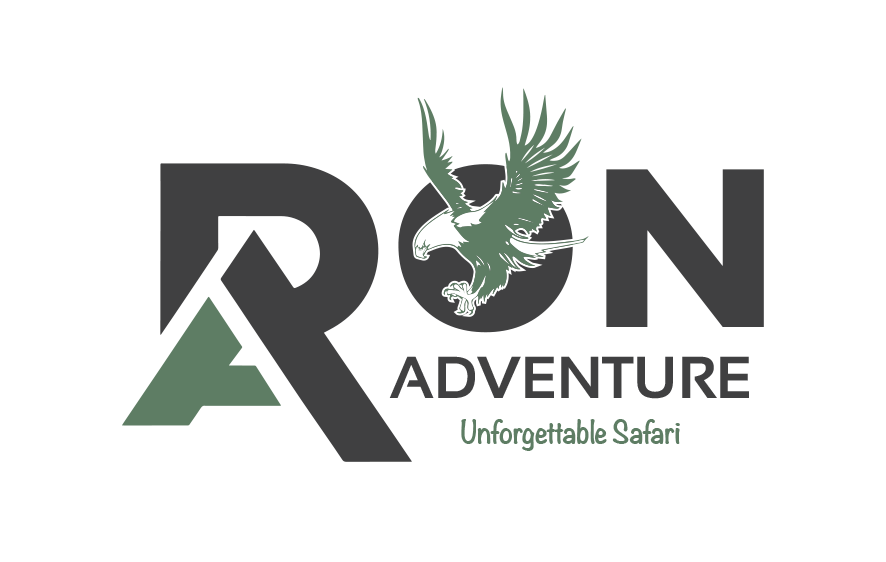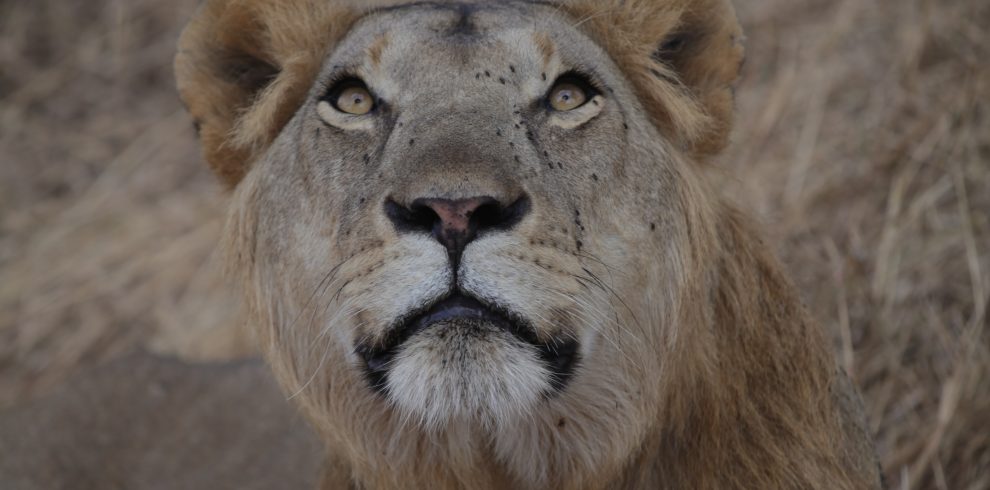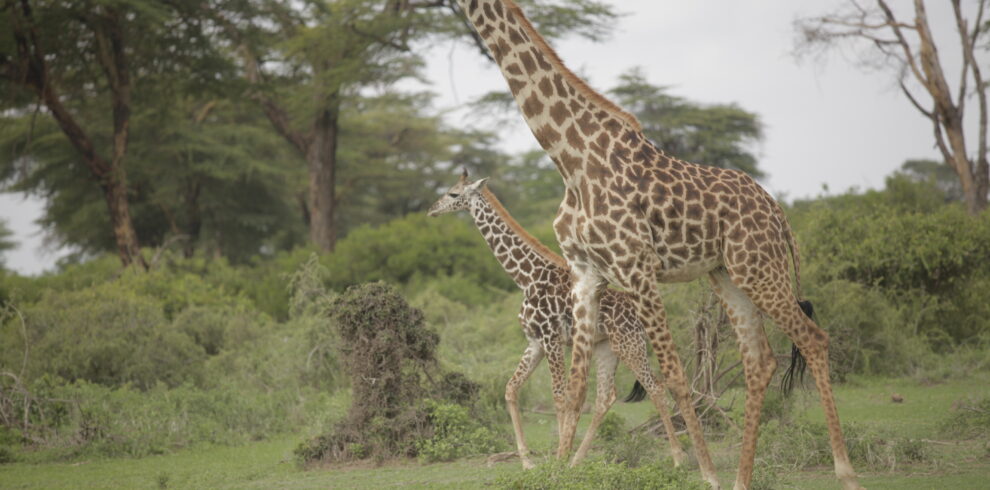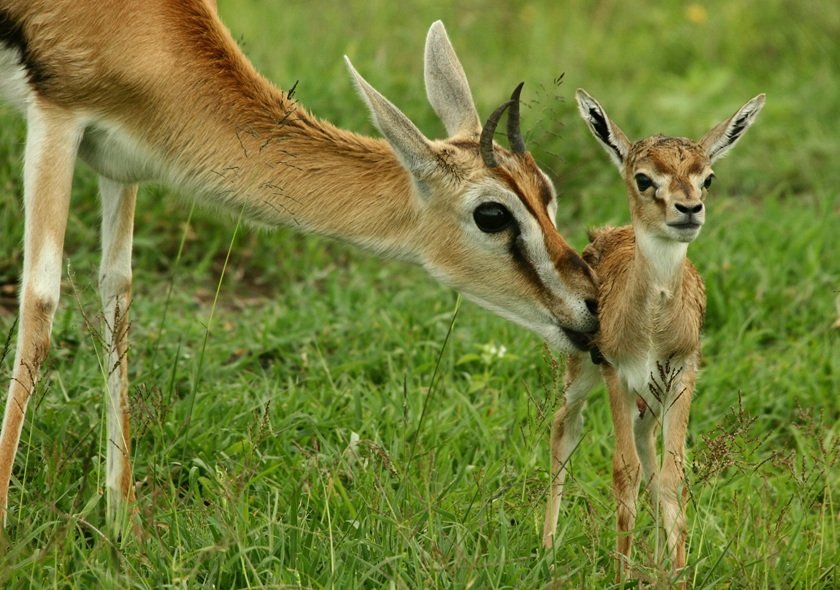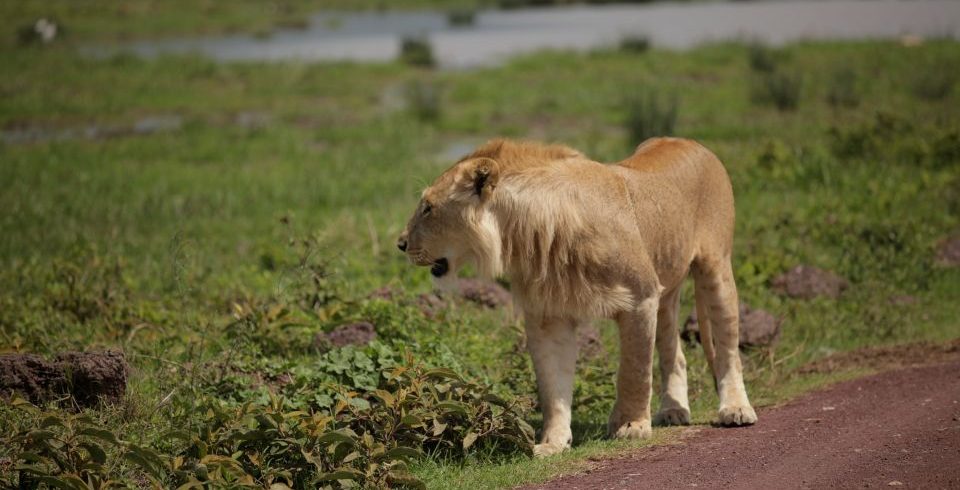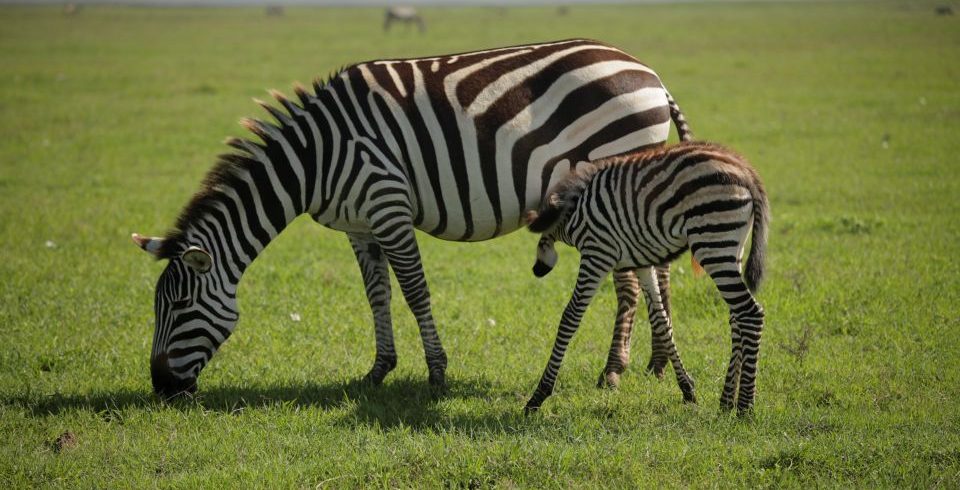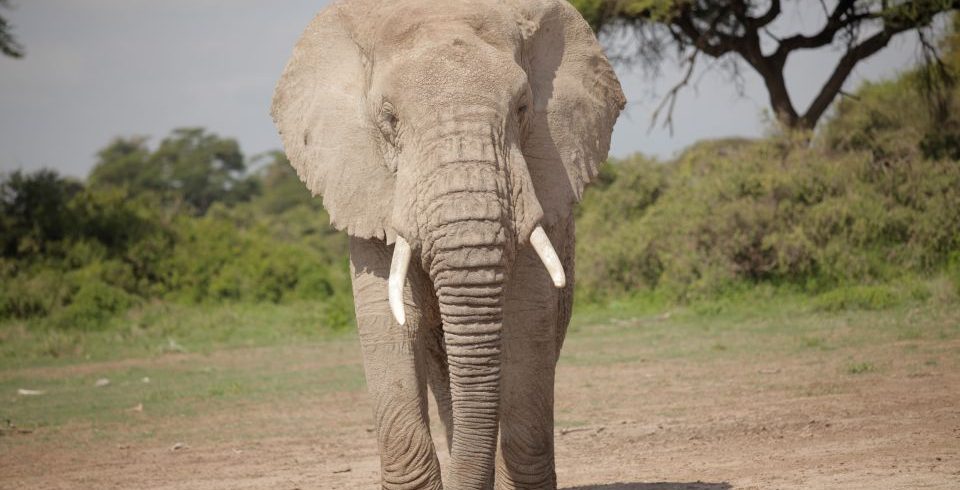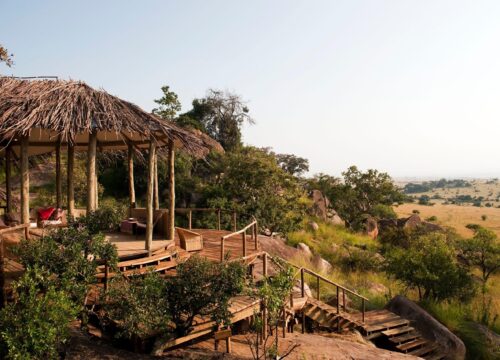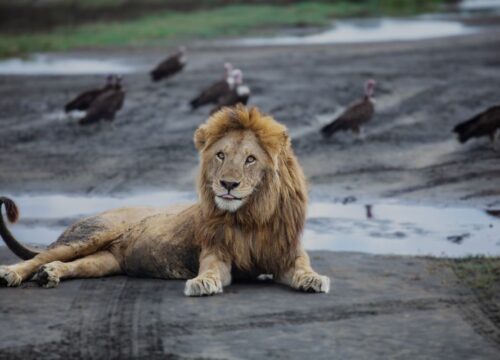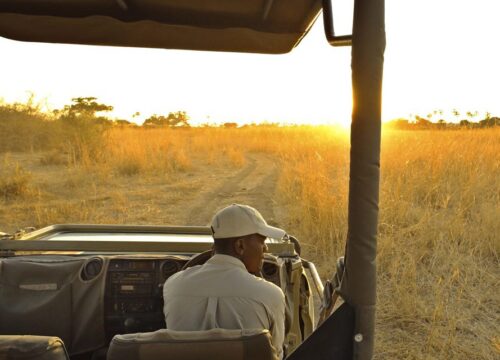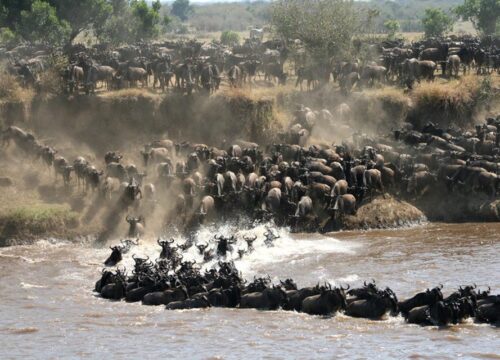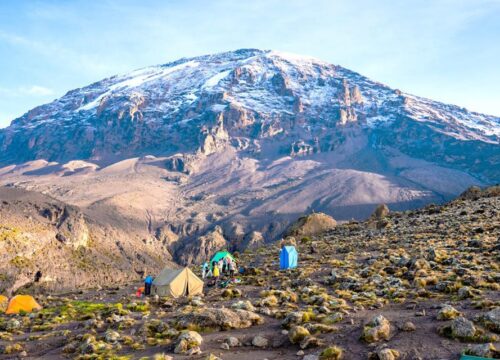Share your plans and we’ll tailor an adventure just for you.
Top Rated Packages
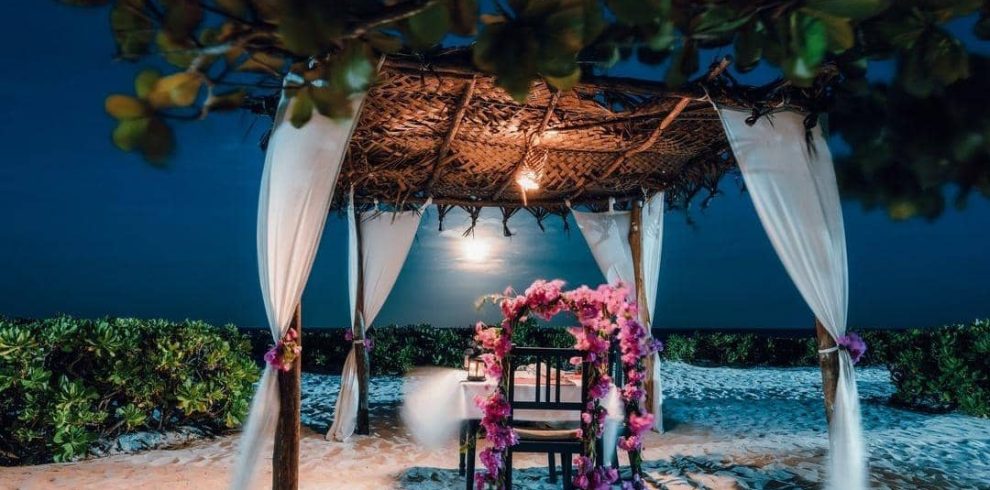
A Luxurious Journey for Two Across Africa’s Iconic Parks
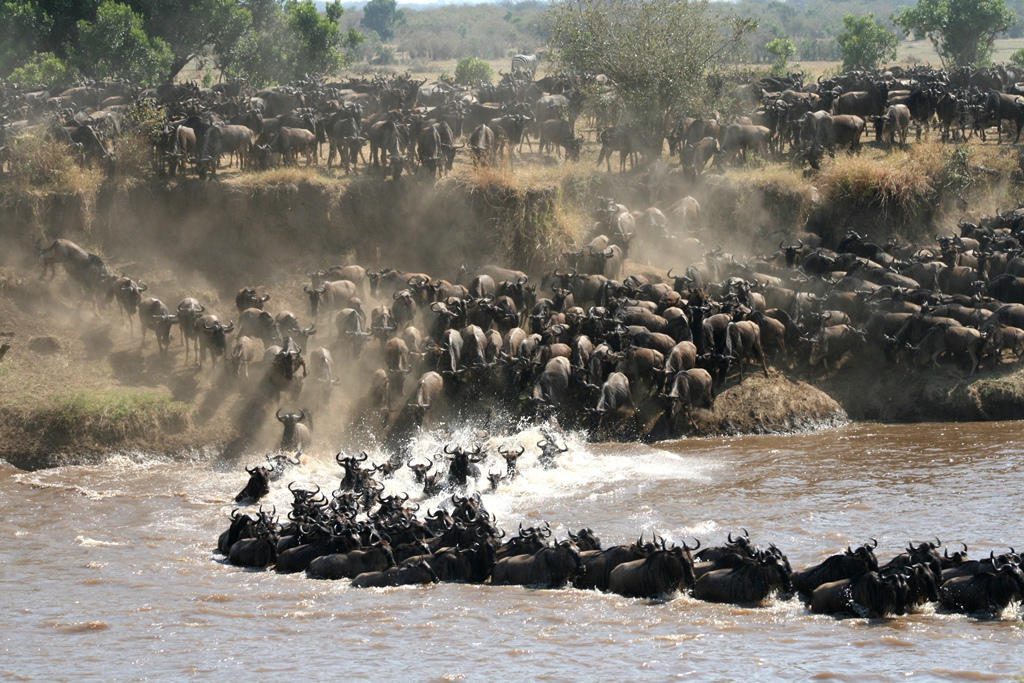
Embark on an extraordinary safari journey to witness the magnificent Great Wildebeest Migration in the iconic Serengeti National Park. From...
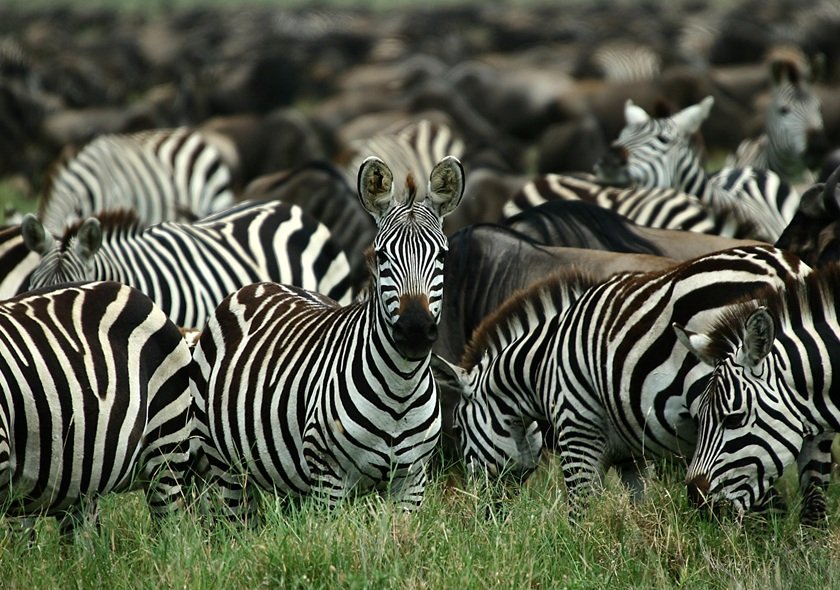
Northern Tanzania’s classic “Northern Circuit” is filled with legendary wildlife areas – Tarangire, Lake Manyara, the Serengeti, Ngorongoro Crater, and...
Explore Real Activities
Real adventure & enjoy your dream tours
Ron Adventure is a leading tour operator specializing in climbing Mount Kilimanjaro, Mount Meru, and wildlife safaris in Tanzania.
Wildlife
Tours
Paragliding
Tours
Adventure
Tours
Hang Gliding
Tours
Venture into Tanzania’s Ultimate Destinations
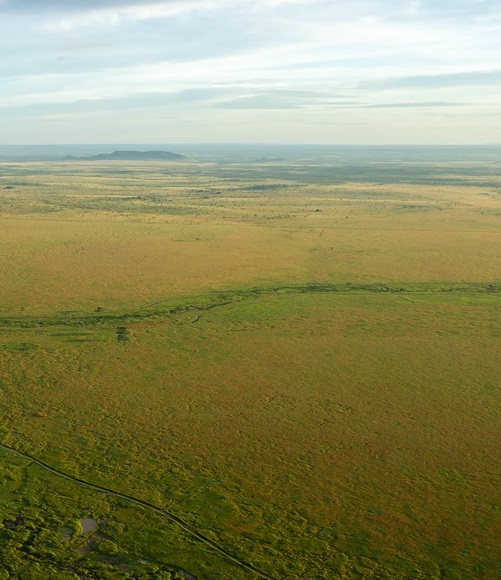
Ndutu
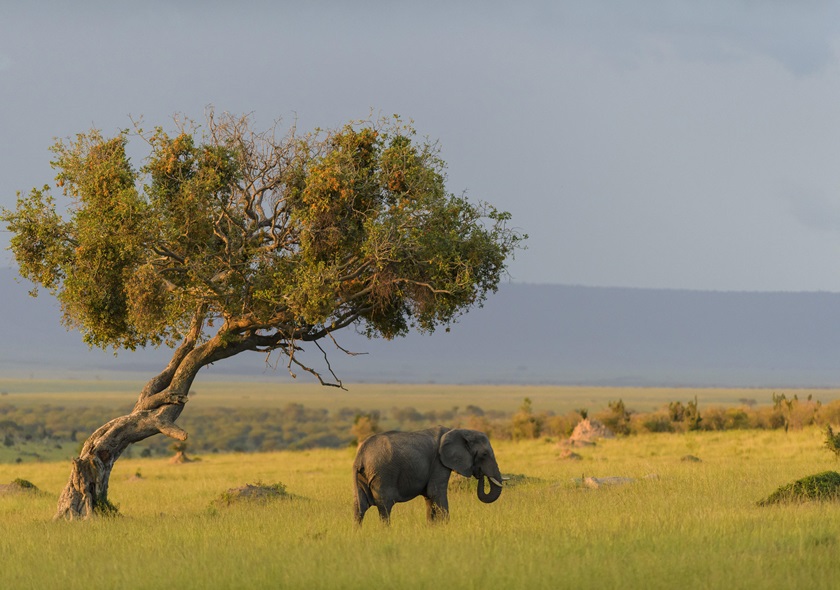
Serengeti
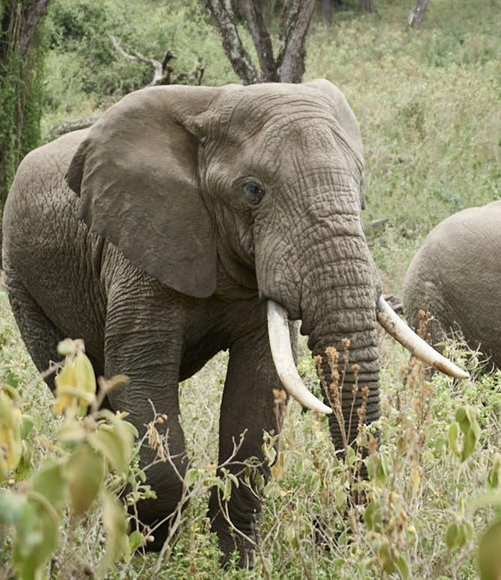
Tarangire
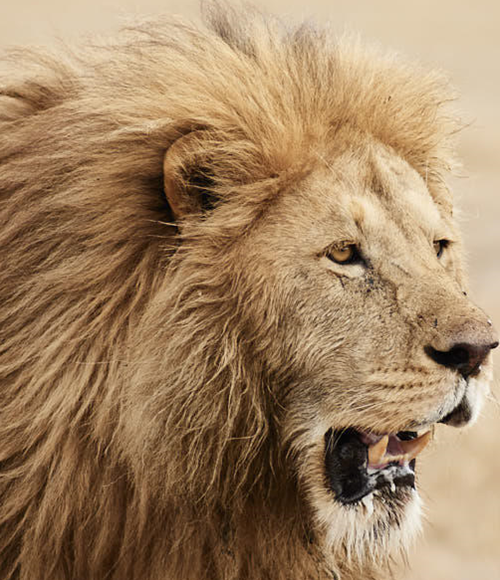
Ruaha
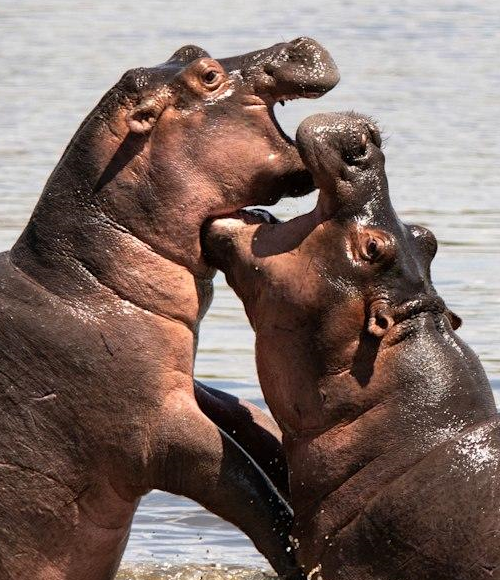
Lake Manyara
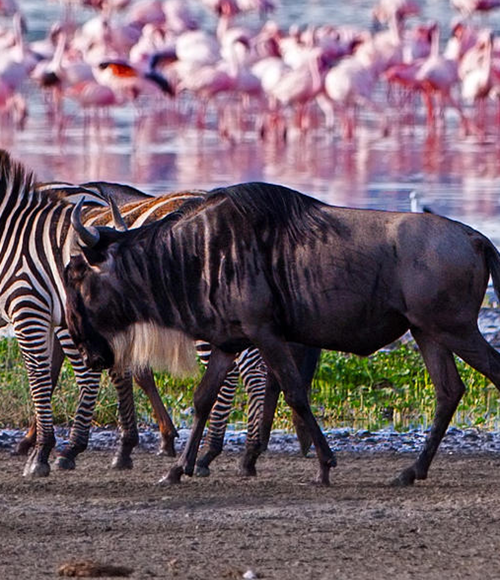
Ngorongoro
Climb the Iconic Mount Kilimanjaro
Conquer Mount Kilimanjaro, Africa’s highest peak, with expert guides and breathtaking landscapes. Our all-inclusive packages ensure safety, comfort, and a high success rate, allowing you to focus on the adventure. Trek through diverse ecosystems, from lush rainforests to alpine deserts, before reaching the snow-capped summit for a once-in-a-lifetime sunrise. Whether you’re a beginner or an experienced climber, we offer tailored routes to match your skill level, with professional support every step of the way. Enjoy well-planned itineraries, comfortable camps, and expert guidance to make your journey seamless. Take on the challenge, embrace the thrill, and achieve the ultimate adventure on Kilimanjaro. Your dream climb awaits. Book your Kilimanjaro expedition today and stand on the Roof of Africa for an unforgettable experience!
